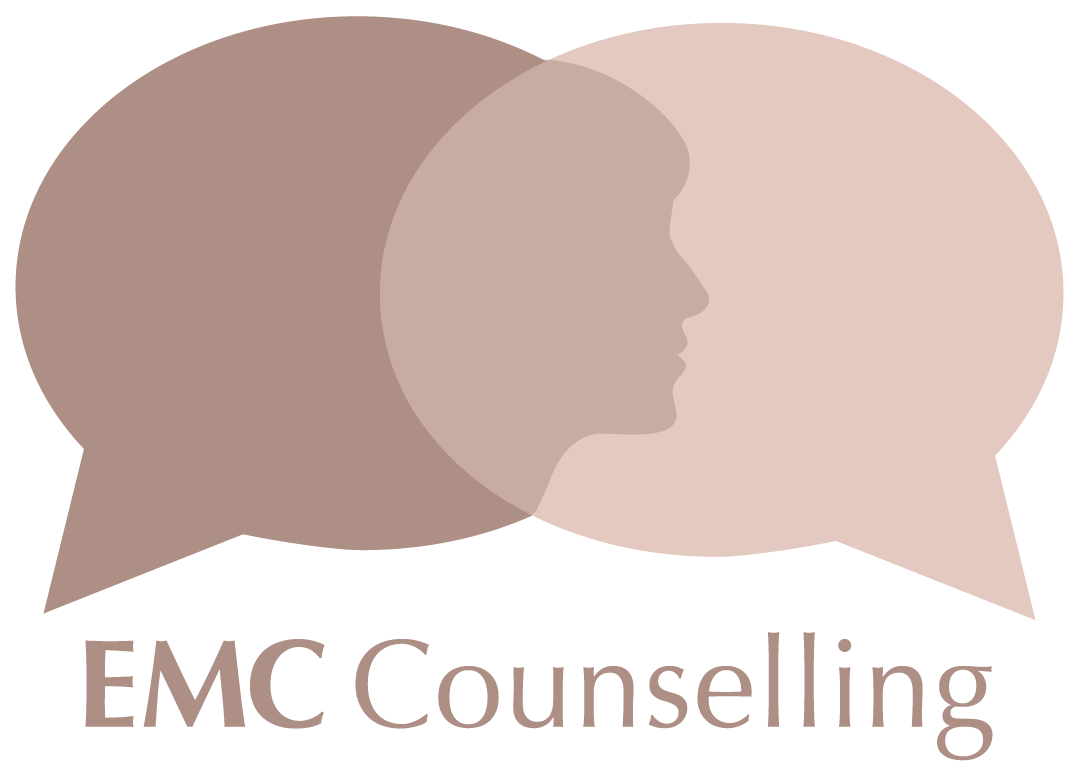Frequently Asked Questions
How do I get started?
Please fill out the contact form or email me directly. I would love to find out how I can help. I offer a free 20-minute phone consultation to gather more information about your circumstances and the issues you are grappling with.
What can I expect in our first session together?
If you decide to move forward with a first session after our phone consultation, you can expect that we will have a conversation about some of the following:
Family History
Reason for Seeking Therapy
Current Supports and Coping
How do I pay for sessions? Will counselling be covered under my extended health plan?
Many extended health plans provide coverage for a Registered Clinical Counsellor (RCC). My registration number will be provided on your receipts. Check with your extended health provider for more information on reimbursement. Contact your plan provider to ensure coverage for a Registered Clinical Counsellor.
I accept payment by etransfer or credit card.
What theoretical therapeutic approaches do you use?
The theoretical approach is important, but most clients want to know there is hope to feel better and navigate relationships better!
I always say the most important factor in the counselling relationship is the connection you create with that clinician – do you feel safe and understood? This is why the consultation is helpful.
If you are curious about my trainings and approaches - here they are:
I draw on various theoretical lenses and philosophies to suit each client’s unique needs: Attachment theory, Acceptance and Commitment therapy, Accelerated Experiential Dynamic Psychotherapy (AEDP), Rogerian, Relational Neuroscience, and Internal Family Systems all influence my practice. For couples I integrate therapeutic approaches such as Gottman’s Method and Emotion Focused Therapy (EFT).
How do I choose a counsellor? What is the difference between an RCC, life coaches, or other counsellors?
Looking at the qualifications of the counsellor is very important because not all services, and not all service providers are the same. At this time, counselling is not a regulated body in BC therefore anyone can claim to be a counsellor. In addition to this, there are a lot of options in the mental health community that look “official” but do not provide services that meet professionally qualified, and ethical standards of practice.
Registered Clinical Counsellors (RCC’s) are registered with the BC Association of Clinical Counsellors (BCACC). BCACC is a professional body that verifies a counsellor’s level of education (minimum Masters’ Degree in Counselling), ensures the Counsellor has course work in key areas of study including ethics, and conducts a criminal record check prior to allowing the Counsellor to register as a member.
What is your confidentiality policy?
Confidentiality is taken very seriously. All interactions and personal information you share in counselling will be kept confidential and continues after the end of the counselling relationship.
There are, however, some exceptions including:
If a child is or may be at risk of abuse or neglect, or in need of protection
If a therapist believes that you or another person is at clear risk of imminent harm
When legal requirements demand that confidential material be revealed

